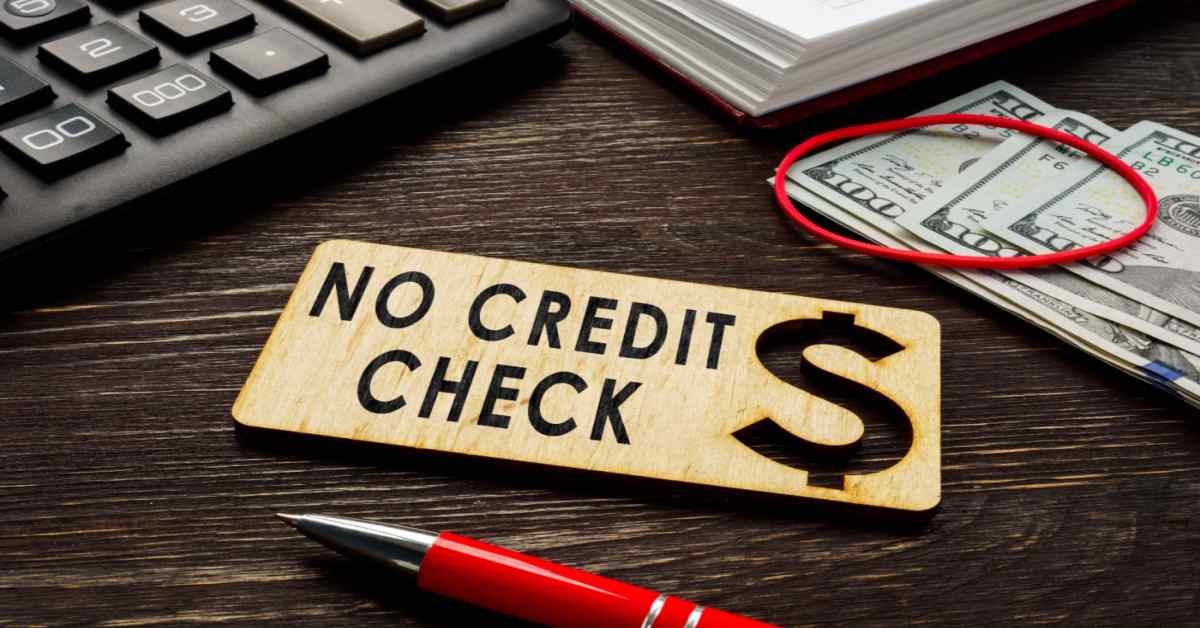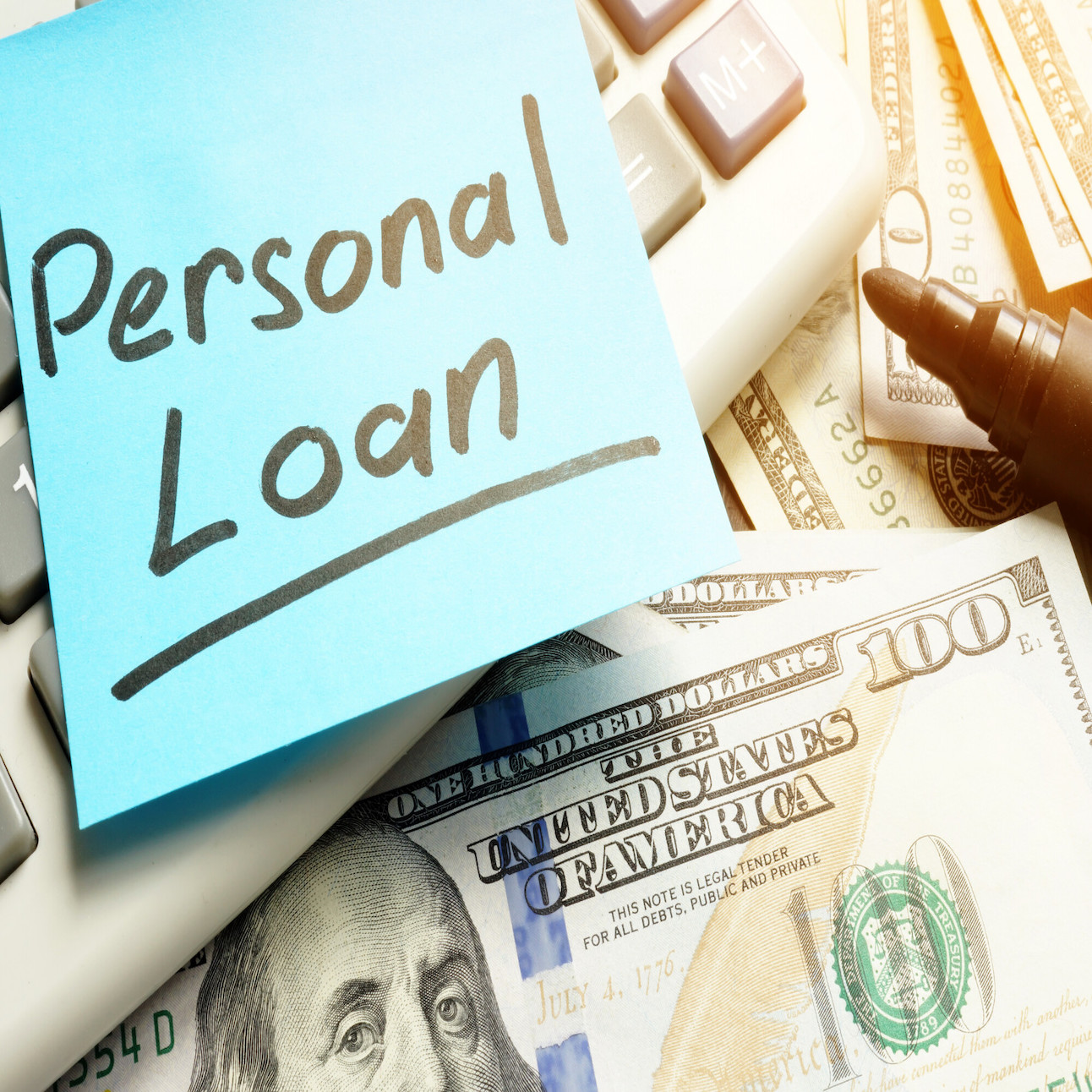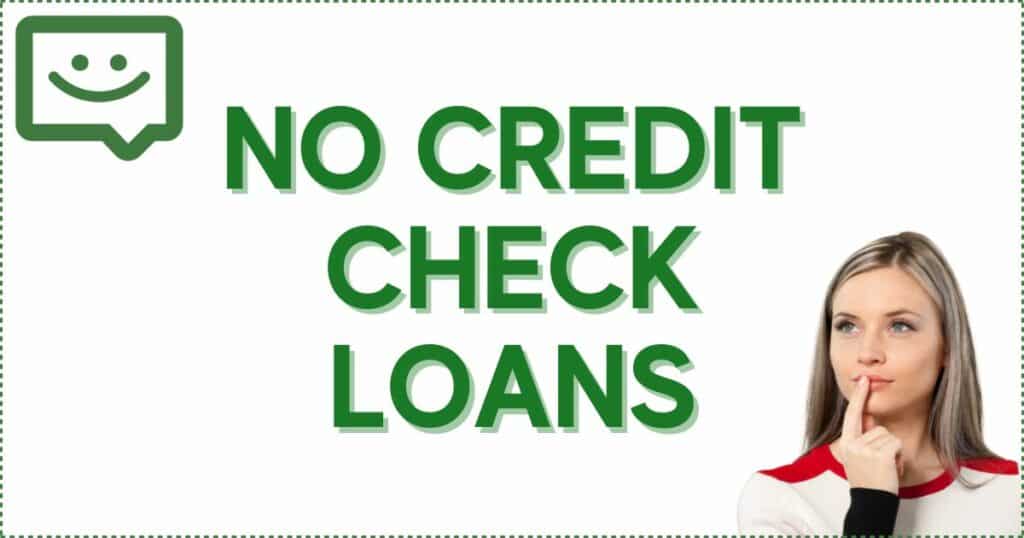Get 2000 Loan No Credit Check

The allure of quick cash without the hassle of credit checks is powerful, especially for individuals facing urgent financial needs or those with less-than-perfect credit histories. Advertisements promising "Get $2000 Loan No Credit Check" are increasingly prevalent, raising both hopes and concerns among potential borrowers and consumer protection advocates alike.
This article aims to objectively examine the reality behind these offers, exploring the potential benefits and significant risks associated with no-credit-check loans. It will delve into the types of lenders offering these loans, the typical terms and conditions involved, and the potential long-term consequences for borrowers.
The Appeal and the Reality
The phrase "No Credit Check" is the key draw for many. It implies accessibility regardless of credit score, a lifeline for those denied traditional loans. However, this accessibility often comes at a steep price.
Loans marketed as "no credit check" are typically offered by lenders specializing in short-term, high-interest financial products. These often include payday loans, title loans, and installment loans from non-traditional lenders.
Understanding the Terms and Conditions
While a traditional credit check might be absent, these lenders assess risk differently. They often rely on factors like income verification, bank statements, and even access to the borrower's bank account to secure the loan.
High interest rates and fees are the hallmark of these loans. According to the Consumer Financial Protection Bureau (CFPB), payday loans, for example, can carry annual percentage rates (APRs) as high as 400% or more. Such exorbitant rates can quickly trap borrowers in a cycle of debt.
Repayment terms are usually short, often requiring full repayment within a few weeks or even by the borrower's next payday. Failure to repay on time can result in substantial penalties and further damage to one's financial standing.
The Risks Involved
The most significant risk is the potential for a debt trap. The high interest rates and short repayment periods make it difficult for many borrowers to repay the loan on time.
Rollover fees, where borrowers pay a fee to extend the loan, can quickly escalate the total amount owed. This can lead to a situation where the borrower is paying more in fees than the original loan amount.
Furthermore, unlike traditional loans, many no-credit-check loans do not report to credit bureaus. This means that responsible repayment does not help build or improve credit scores. In fact, default can lead to aggressive collection practices and potential legal action.
Alternative Options to Consider
Before resorting to a no-credit-check loan, exploring alternative options is crucial. Consider the following:
Credit Counseling: Nonprofit credit counseling agencies can offer guidance on budgeting, debt management, and finding more affordable loan options. The National Foundation for Credit Counseling (NFCC) is a reputable resource.
Personal Loans from Credit Unions: Credit unions often offer lower interest rates and more flexible repayment terms than payday lenders. They may be willing to work with borrowers who have less-than-perfect credit.
Secured Loans: If possible, consider a secured loan, where you offer collateral (like a car or savings account) to secure the loan. This can result in lower interest rates.
Borrowing from Friends or Family: While potentially awkward, borrowing from trusted friends or family members can be a more affordable and less risky option.
The Regulatory Landscape
The regulation of no-credit-check loans varies by state. Some states have strict laws limiting interest rates and fees, while others have little to no regulation.
The CFPB has taken steps to regulate payday loans and other short-term, high-interest loans, but loopholes and variations in state laws continue to exist. It's vital for consumers to understand the laws in their own state before taking out a loan.
Consumer advocacy groups continue to push for stricter regulations to protect vulnerable borrowers from predatory lending practices.
A Human Perspective
Sarah Miller, a single mother working two part-time jobs, initially saw a "$2000 Loan No Credit Check" advertisement as a lifeline to cover unexpected car repairs. Lacking other options, she took the loan. Within weeks, she was struggling to make the payments, the accruing interest threatening to unravel her already precarious financial situation. Sarah's story is not unique, highlighting the real-world consequences of these seemingly easy-access loans.
Situations like Sarah's underscore the importance of financial literacy and responsible borrowing. It also emphasizes the need for access to affordable and safe financial products for all consumers.
Conclusion
While the promise of a "$2000 Loan No Credit Check" can be tempting, it's essential to approach these offers with caution. The high interest rates and short repayment terms can quickly lead to a debt trap, negating any perceived benefit.
Exploring alternative options, such as credit counseling or loans from credit unions, is strongly advised. By understanding the risks and exploring all available resources, borrowers can make informed decisions that protect their financial well-being.

















